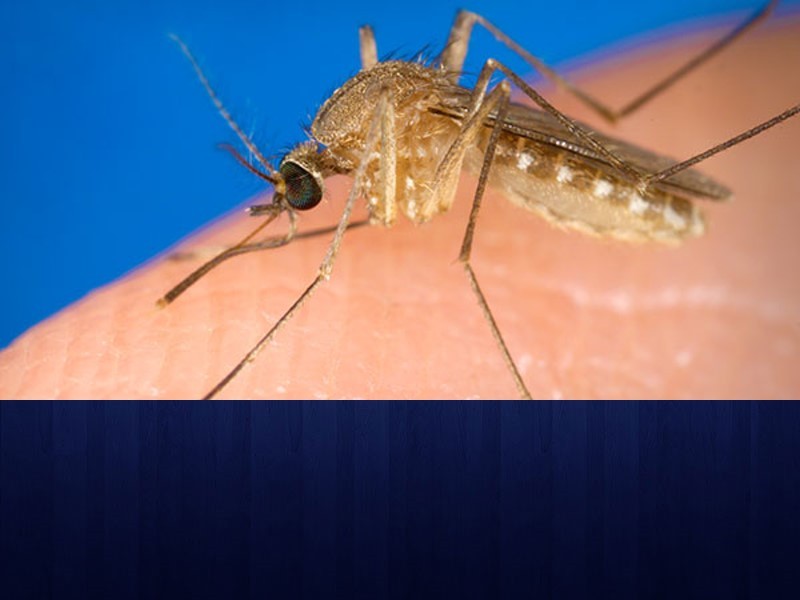Officials at Northeast Georgia Medical Center (NGMC) in Gainesville said doctors have treated four confirmed cases of West Nile Virus at the hospital since July.
While the hospital cannot legally discuss specifics of the cases, NGMC spokeswoman Michelle Oleson said Friday the numbers are not unusual for the area.
Oleson pointed out that most cases of West Nile Virus (WNV) are not severe enough to require hospitalization. Dave Palmer, spokesman for District 2 Public Health, agreed.
"Probably about one-percent of the people who get bitten by an infected mosquito will have severe complications from the bite," Palmer said in a Friday afternoon telephone interview. "About 20-percent of the people may have some symptoms and those can range from very mild illness, fever, aches and pains to more flu-like symptoms."
Palmer noted that state officials (the Department of Public Health and the Centers for Disease Control) only report statewide numbers of West Nile Virus, not county-by-county statistics. He said that's because it's almost impossible to determine where the virus originates.
"If people travel -- even around the state - they could be in one area of the state, get bitten and infected, come home and become ill and have symptoms," Palmer said.
While most cases of West Nile are not cause for alarm, Palmer acknowledged that people still become fearful when they hear the virus has been confirmed in their communities. He said they likely remember the years when the virus first popped up in the state.
"When West Nile first was detected in 2001, we saw a spike in cases over the next few years where we saw more and more infections," Palmer said. "During the mid-2000s, we saw the numbers increase, you know, up close to 70 or 80 people a year."
Since then, the numbers have leveled off. The latest stats from the CDC show 13 cases for Georgia so far this year.
Palmer said people should also note that this summer has been rainier than usual, and water is a breeding ground for mosquitos.
"So, when we have an increase in mosquitos, we have an increase in the chance of exposure to mosquito bites," Palmer said.
Palmer said even with the extra insect population, it's not easy to pick up the virus. Only female mosquitos bite and not every female mosquito carries West Nile - only those that have bitten an infected bird carry the disease.
Public health officials said the best course of action is to avoid bites if you can, and they have a list they call the "5 Ds of Prevention" (see in the box below) that residents can follow.
- Dusk/Dawn – Mosquitoes carrying WNV usually bite at dusk and dawn, so avoid or limit outdoor activity at these times.
- Dress – Wear loose-fitting, long sleeved shirts and pants to reduce the amount of exposed skin.
- DEET – Cover exposed skin with an insect repellent containing DEET, which is the most effective repellent against mosquito bites.
- Drain - Empty any containers holding standing water because they are excellent breeding grounds for virus-carrying mosquitoes.
- Doors – Make sure doors and windows are in good repair and fit tightly, and fix torn or damaged screens to keep mosquitoes out of the house.










